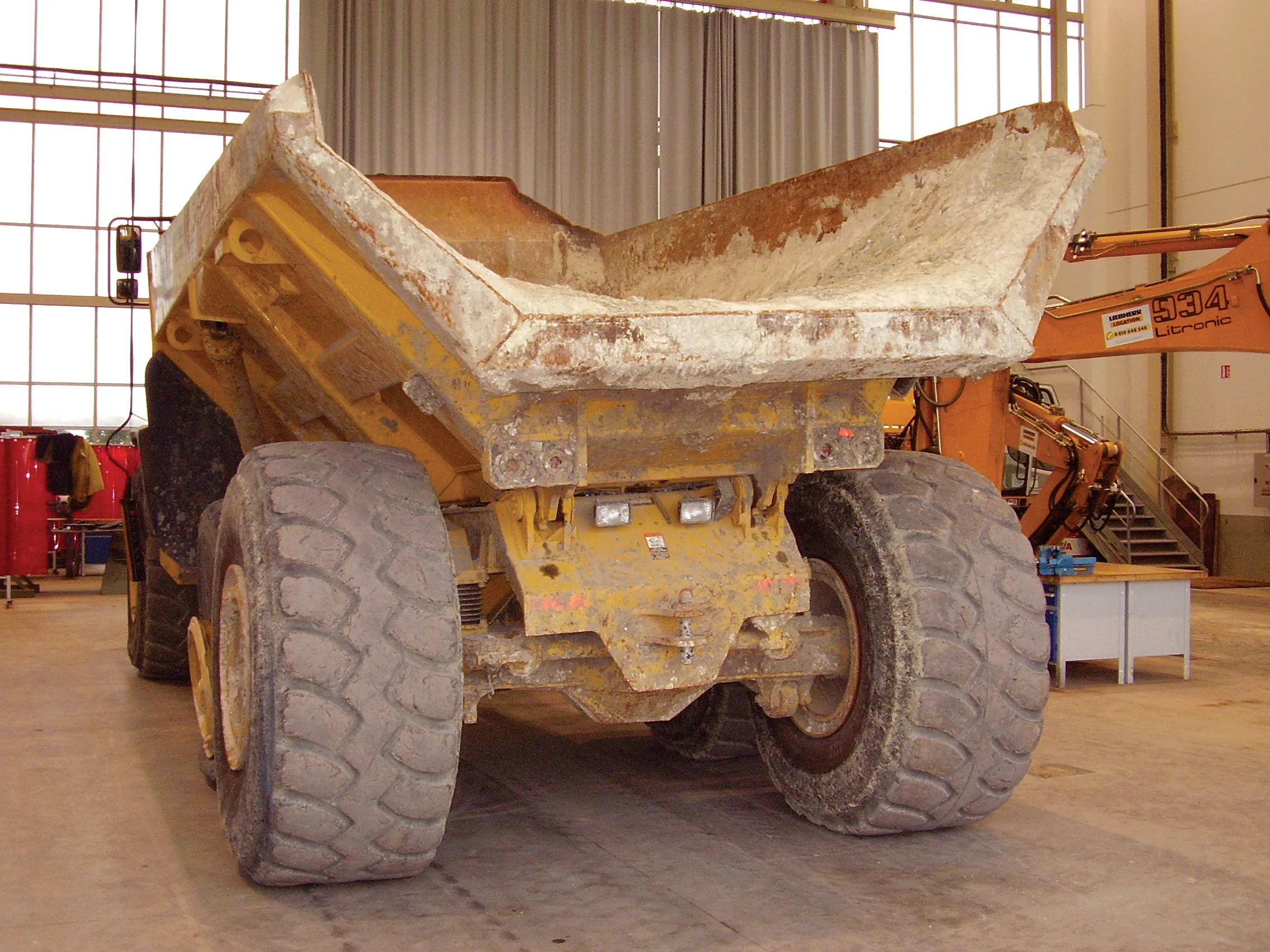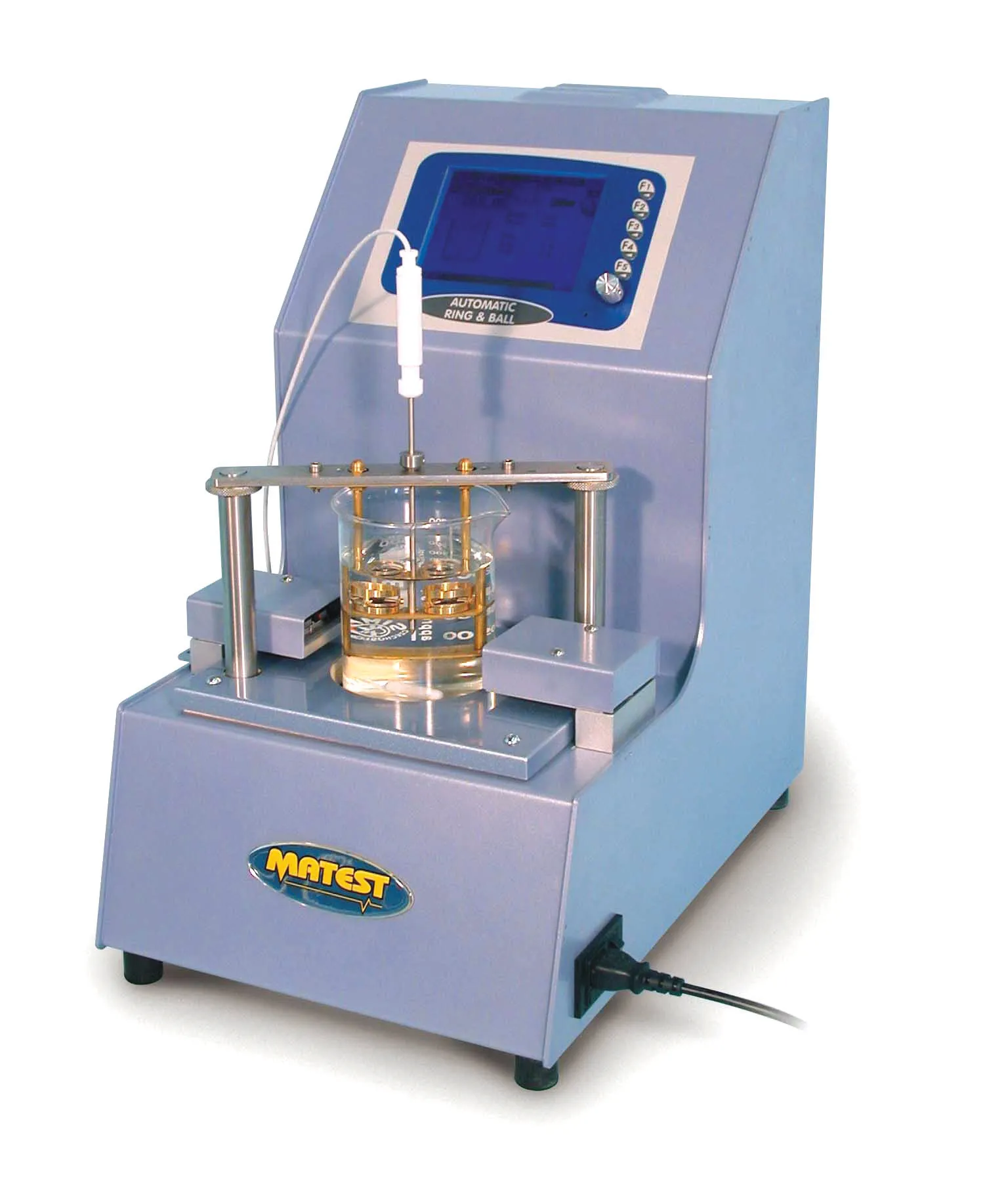Changing the hydraulic fluid is not usually the first thought that comes to mind when looking to improve the performance of machines, but can in fact lead to up to 30% lower fuel consumption under extreme conditions, claims Evonik Industries. Hydraulic fluids featuring Evonik's DYNAVIS technology, such as those from Total and Indian Oil, are able to offer this and other benefits.
When compared with hydraulic equipment operating with conventional monograde hydraulic fluids, DYNAVIS-formulated hydraulic
April 20, 2016
Read time: 2 mins

Changing the hydraulic fluid is not usually the first thought that comes to mind when looking to improve the performance of machines, but can in fact lead to up to 30% lower fuel consumption under extreme conditions, claims 4009 Evonik Industries. Hydraulic fluids featuring Evonik's DYNAVIS technology, such as those from Total and Indian Oil, are able to offer this and other benefits.
When compared with hydraulic equipment operating with conventional monograde hydraulic fluids, DYNAVIS-formulated hydraulic fluids can also achieve up to 30% more hydraulic power under full load conditions, as well as higher flow rates at peak operating temperatures and faster response to operator control.
Through an additive that optimises viscosity, DYNAVIS enables hydraulic fluids to remain free-flowing even in low temperatures, enabling dependable starts and thus increasing mechanical efficiency. In addition, at the high end of the working temperature spectrum, the technology maintains hydraulic system efficiency by reducing internal leakage due to fluid thinning. Such benefits undermine the common assumption that buying the cheapest hydraulic fluid is the best way to save costs. Field tests of DYNAVIS-formulated products show that its high-performance hydraulic fluids can save more money than they cost, claims the company.
Other lubricant specialists that have adopted DYNAVIS technology in products include Schaeffer Oil, Hermann Bantleon, PT PERTAMINA, Lubricants D-A Lubricant and Champion Brands.
All videos
When compared with hydraulic equipment operating with conventional monograde hydraulic fluids, DYNAVIS-formulated hydraulic fluids can also achieve up to 30% more hydraulic power under full load conditions, as well as higher flow rates at peak operating temperatures and faster response to operator control.
Through an additive that optimises viscosity, DYNAVIS enables hydraulic fluids to remain free-flowing even in low temperatures, enabling dependable starts and thus increasing mechanical efficiency. In addition, at the high end of the working temperature spectrum, the technology maintains hydraulic system efficiency by reducing internal leakage due to fluid thinning. Such benefits undermine the common assumption that buying the cheapest hydraulic fluid is the best way to save costs. Field tests of DYNAVIS-formulated products show that its high-performance hydraulic fluids can save more money than they cost, claims the company.
Other lubricant specialists that have adopted DYNAVIS technology in products include Schaeffer Oil, Hermann Bantleon, PT PERTAMINA, Lubricants D-A Lubricant and Champion Brands.
All videos








